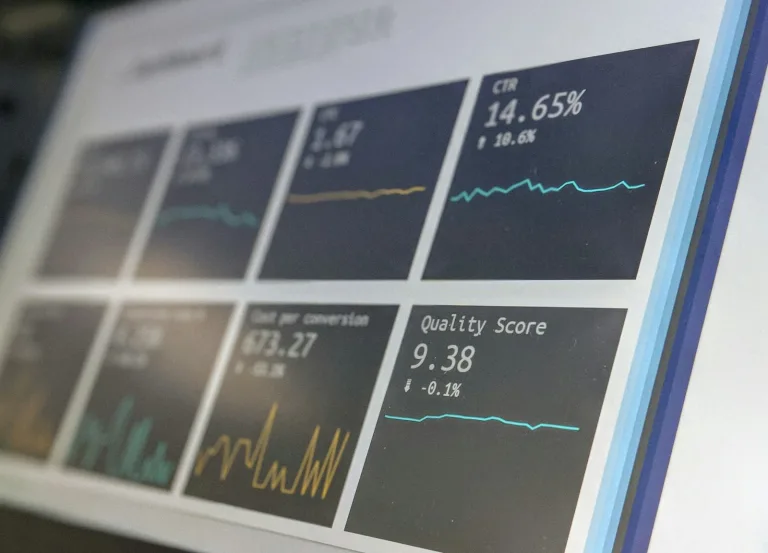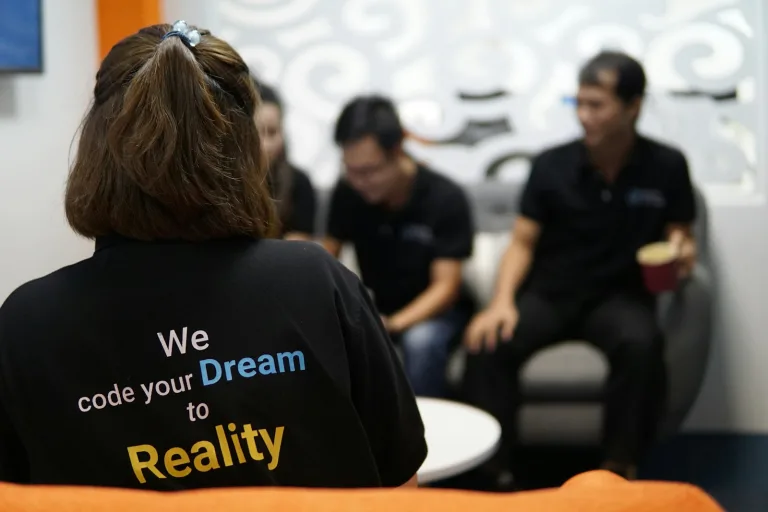Top Skills Needed for a Career in Cybersecurity

Cybersecurity is a critical field that has grown in importance as our reliance on digital technology increases. With threats becoming more sophisticated and frequent, there is a strong demand for skilled professionals to protect sensitive information and systems. This guide outlines the essential skills needed for a successful career in cybersecurity, whether you’re just starting out or looking to advance in the field.
Understanding Cybersecurity
Cybersecurity involves protecting computer systems, networks, and data from digital attacks. These attacks can include breaches, malware, ransomware, and more. Professionals in this field must be adaptable, continually learning, and proactive in implementing the best practices and solutions to safeguard digital assets.
Essential Skills for a Career in Cybersecurity
- Technical Proficiency
- Network Security: Understanding of network configurations, including routers, firewalls, and VPNs, to protect data transmitted across networks.
- Systems Security: Knowledge of various operating systems and platforms to protect individual systems from attacks.
- Application Security: Ability to secure applications from external threats through proper design, development, and data protection.
- Analytical Skills
- Threat Detection: Ability to identify and analyze potential threats before they compromise information or systems.
- Problem Solving: Quickly and effectively resolve security breaches or vulnerabilities.
- Attention to Detail: Meticulous approach to monitoring security systems and interpreting the logs and alerts they produce.
- Knowledge of Cybersecurity Frameworks and Standards
- Familiarity with frameworks like NIST, ISO 27001, and others that guide the security measures and policies.
- Understanding of compliance requirements such as GDPR, HIPAA, and PCI-DSS, which dictate how data must be handled and protected.
- Programming Knowledge
- Basic understanding of programming languages such as Python, JavaScript, and C++ can be invaluable in automating security protocols, scripting, and understanding potential vulnerabilities in software.
- Ethical Hacking Skills
- Ability to think like a hacker to proactively counteract potential attacks. Skills in ethical hacking involve penetration testing, vulnerability testing, and other methodologies to test system defenses.
- Soft Skills
- Communication: Effective communication skills to explain technical issues to non-technical stakeholders and to work effectively in teams.
- Ethics: Strong ethical standards to handle sensitive and confidential information responsibly.
- Continuous Learning: Commitment to staying updated with the latest technology, threats, and security trends.
Building a Career in Cybersecurity
- Education and Certifications
- Pursue a degree in cybersecurity, computer science, or a related field.
- Obtain certifications such as Certified Information Systems Security Professional (CISSP), Certified Ethical Hacker (CEH), or CompTIA Security+ to validate your skills and dedication to the field.
- Gain Practical Experience
- Participate in internships or entry-level positions related to IT security to gain hands-on experience.
- Engage with community projects or open-source initiatives to develop practical skills in a real-world setting.
- Networking
- Connect with other cybersecurity professionals through conferences, seminars, and online communities.
- Join professional organizations to access resources and networking opportunities.
Conclusion
Cybersecurity is a dynamic field requiring a blend of technical acumen, analytical skills, and constant education. By developing these key skills, you can protect organizations from cyber threats and build a successful career in cybersecurity.






